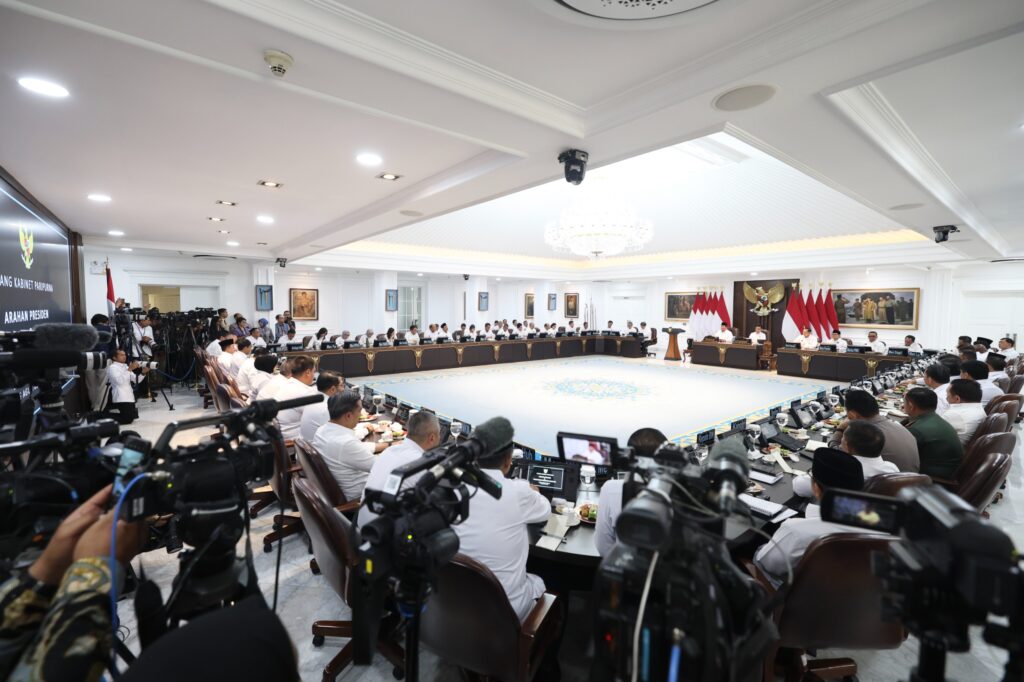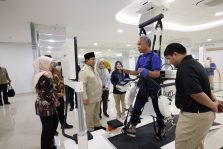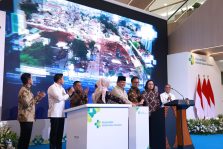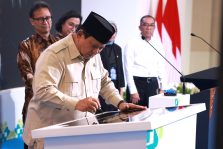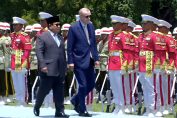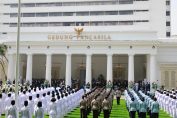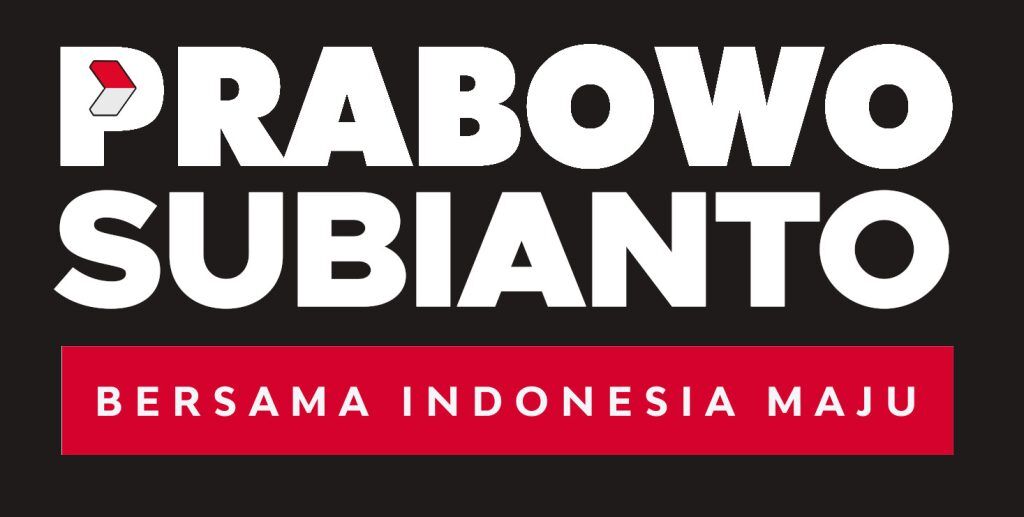Jakarta — President of the Republic of Indonesia, Prabowo Subianto, underscored the urgent need for national unity in the face of growing global instability. Speaking during a Plenary Cabinet Meeting at the State Palace on Wednesday (August 6), he highlighted the increasingly complex geopolitical landscape since the beginning of his administration on October 20, 2024.
“When we began this administration on October 20, the geopolitical and geoeconomic situation was not as complicated as it is now. Today, we are dealing with the ripple effects of widespread conflicts around the world,” Prabowo stated.
He detailed ongoing crises in Ukraine, Gaza, the West Bank, Lebanon, and Syria—all of which have claimed significant civilian lives—as well as mounting tensions between Israel and Iran, and the persistent conflict between India and Pakistan. In Southeast Asia, he noted the unresolved political crisis in Myanmar and rising tensions between Cambodia and Thailand.
“The conflicts in Ukraine and the Middle East—in Gaza, the West Bank, Lebanon, and Syria—are devastating. Tens of thousands, including women and children, have been slaughtered before the world’s eyes. We also see major powers drawn into the Israel-Iran conflict,” he explained.
Prabowo also pointed to the growing uncertainty in the global economy, particularly due to new tariff policies from the United States. Nonetheless, he expressed confidence in Indonesia’s ability to navigate these challenges, thanks to the strength and cohesion of the government’s economic team.
“I want to thank all of you for working as a solid team—the Coordinating Minister for Economic Affairs and his staff, supported by the Ministers of Finance, Industry, and Trade; the Chair of the National Economic Council and the Minister of Investment. Everyone is doing their part. The Minister of Foreign Affairs is advancing diplomacy. We are moving forward as one team,” he said.
President Prabowo emphasized that Indonesia’s calm, pragmatic, and negotiation-focused approach has been key to protecting national interests amid global turbulence.
“We negotiate. We deliberate. We don’t act emotionally. We are not easily provoked. We understand that our national interests are significant. The duty of the Indonesian government is to protect its people—our workers and their families. And I believe we have achieved the best outcome possible under current conditions,” he concluded.

